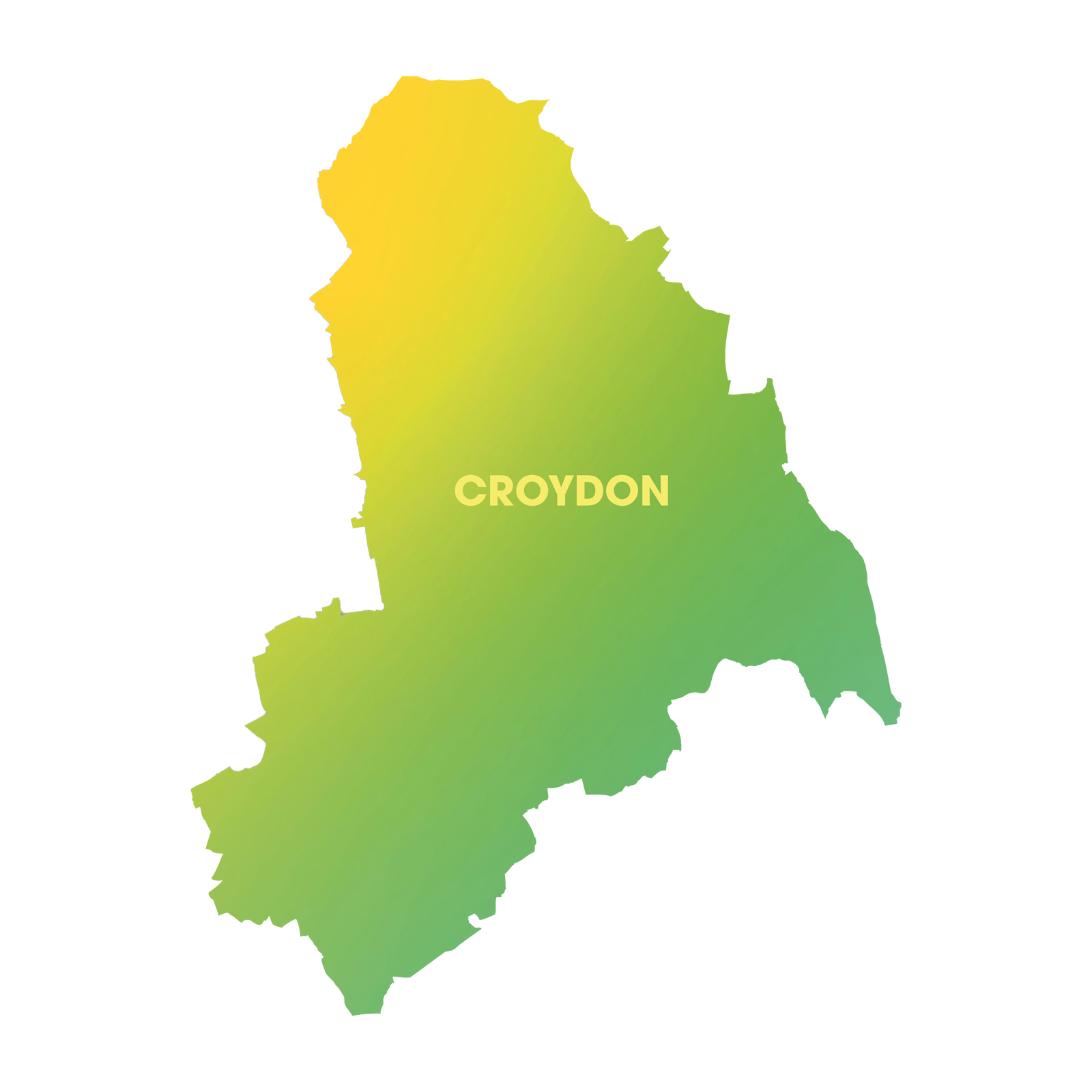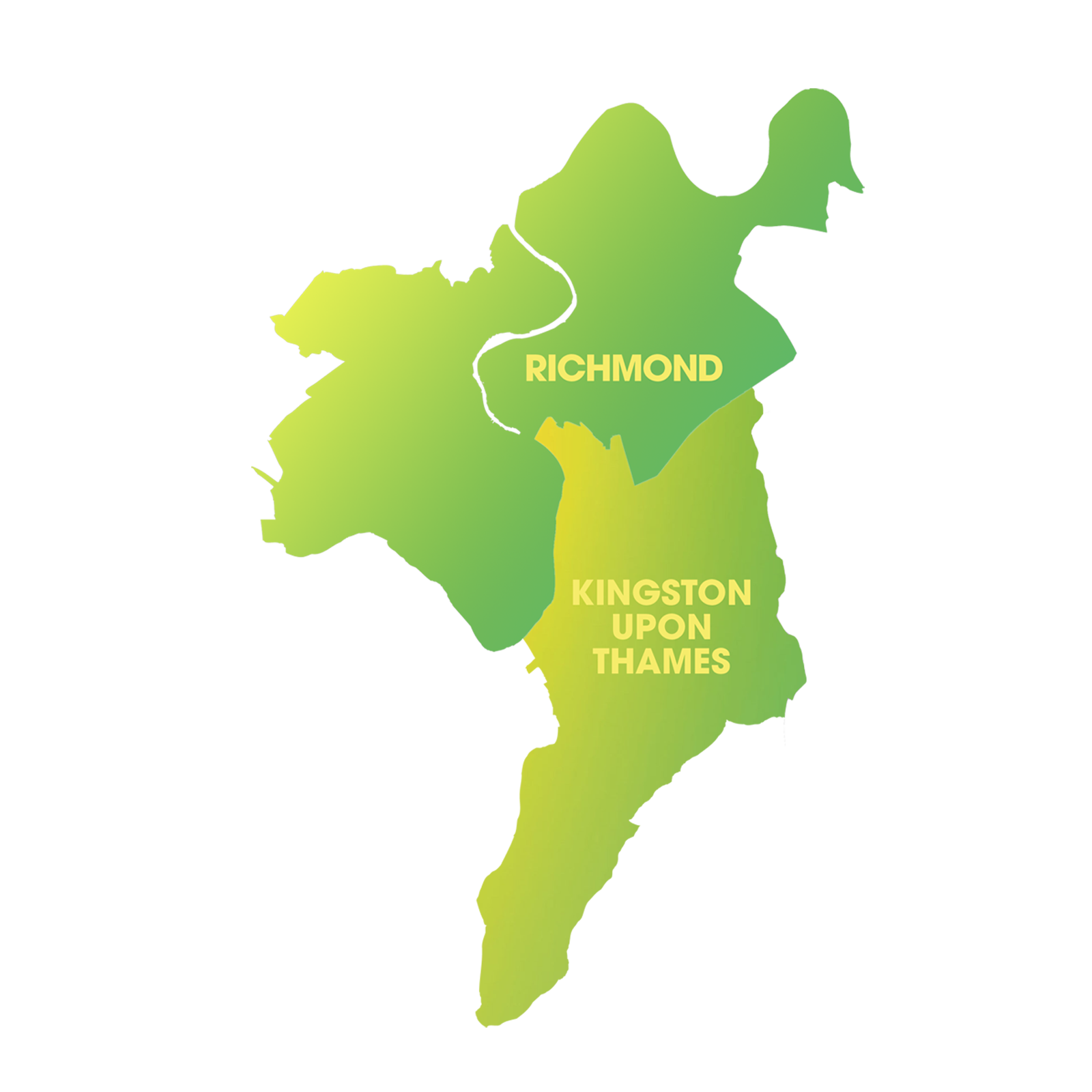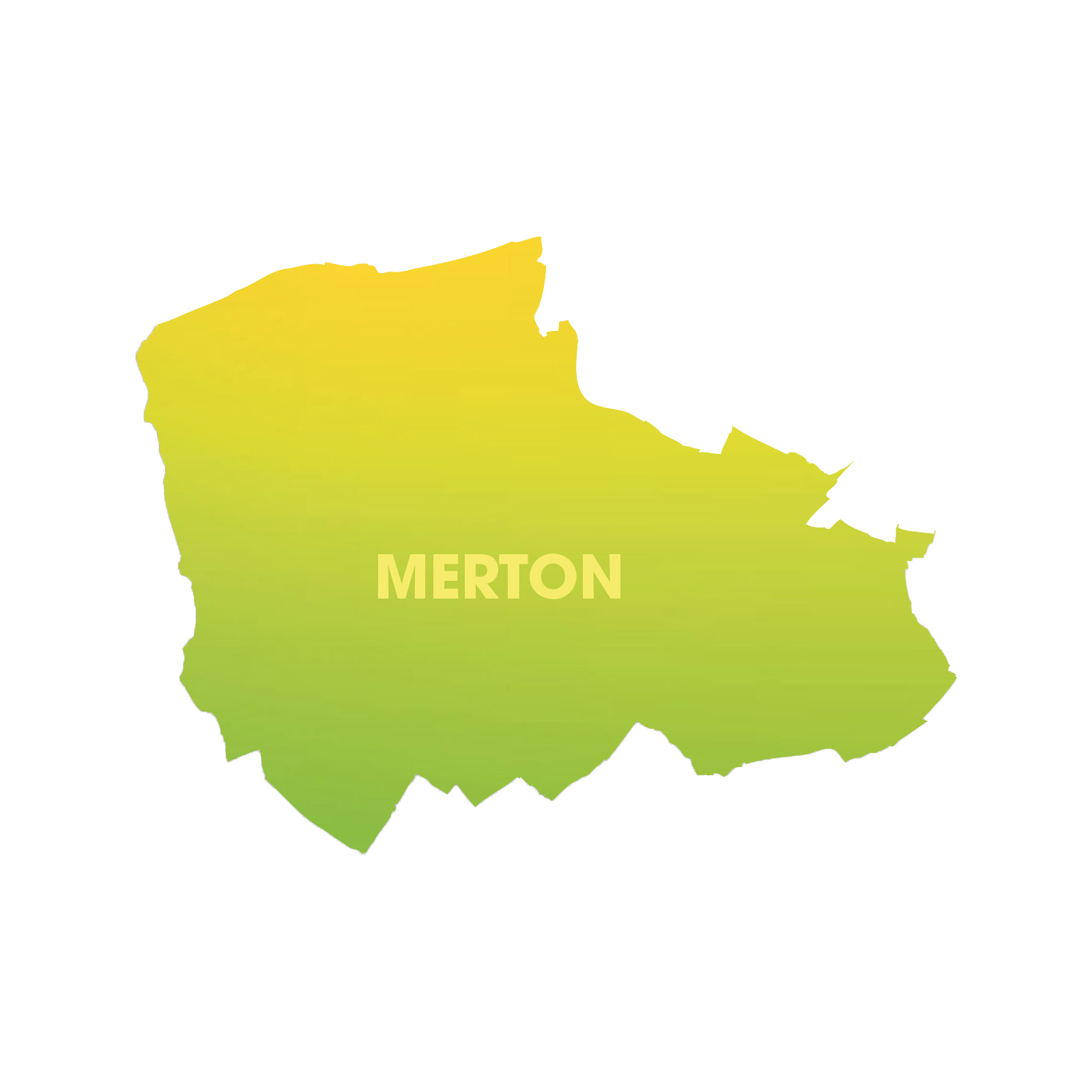What we do
The South West London (SWL) Research Support Network helps people across our six boroughs do and use research to improve health and care. We create welcoming, practical spaces where community organisations, VCSE partners, NHS staff, local authorities, academics and residents can learn together, build confidence and take part in research in ways that feel relevant to them.
Through our cafés, tools and peer support, we help you:
• explore local needs and turn ideas into research or evaluation • build skills in a friendly and accessible way
• connect with partners across sectors • use evidence to strengthen services and reduce inequalities
Who it’s for:
Anyone working with or within Croydon, Kingston, Merton, Richmond, Sutton or Wandsworth, including community groups, VCSE organisations, NHS and social care staff, primary care, public health teams, universities and residents.
The Network is part of the wider SWL Health Research Collaborative, which brings together partners to deliver the SWL People-Centred Health Research Workplan. Our work supports SWL’s ambition to make research part of everyday care, in line with national ICS guidance on maximising the benefits of research.

South West London Cafés
Our cafés are the heart of the Network. They are simple, flexible formats that make research approachable and collaborative.
Network Cafés help people learn and connect around research.
Find out more about our Network cafés
Research Cafés bring communities and researchers together to explore lived experience and shape research priorities.
Find out more about our Research cafés
Both support our system aim: to make research more visible, inclusive and useful for local people.
Join the Network
If you would like to stay informed about cafés, opportunities and resources, you can join the Network.
As a member, you will receive updates about:
• new Network and Research Cafés • tools and training • collaboration opportunities • links across the SWL research community
Upcoming Events
Stay up to date with our latest cafés and activities. All events are free and open to people across SWL.
Research Beyond Boundaries: Navigating clinical research in the NHS
12 March 2026, 13:00 – 16:00, Room KHR-102/103, Kingston College, Kingston Hall Road, Kingston upon Thames, KT1 2AQ
Join us for an informal network café with NHS clinical research experts to share learning and explore collaboration from idea to delivery
Past Events & Knowledge Bank
The Knowledge Bank brings together slides, tools and short summaries from previous cafés. These resources can help you understand methods, plan your own projects or revisit learning.

Primary Care Research Resources
Adapted from the West Yorkshire model and localised for South West London
Primary care plays a crucial role in research. We have brought together trusted resources to help GPs, nurses, pharmacists, AHPs, PCN teams and managers get started and find support.
![]()
Evaluation Ambassadors
Evaluation Ambassadors are volunteers from across SWL who offer simple, supportive advice on designing and evaluating local projects. Many come from VCSE organisations with strong community links.
They can help you:
• think about outcomes and measures • plan realistic evaluation approaches
• find tools and resources • link with others working on similar projects
Use the borough cards below to find ambassadors in your area.
Discover the 12 ambassadors here to support you in evaluating your work.
Croydon
View

Croydon
Sarah Burns, Director of Communities, Croydon Voluntary Action
Ima Miah, CEO, Asian Resource Centre Croydon
James Henshaw, Data Analyst, Croydon BME Forum
Kingston and Richmond
View

Kingston and Richmond
Jenny Freeman, Kingston and Richmond ICB
Emma Hill, Deputy CEO and Health Programmes Manager, Kingston Voluntary Action
Wandsworth
View

Wandsworth
Damilola Gbadebo, Public Health Lead, Communities and Health Inequalities, Richmond and Wandsworth Public Health
Jessica Johnson, Healthy Communities Project Officer, Wandsworth Care Alliance
Merton
View

Merton
Helen Duckworth, Head of Community Services, Wimbledon Guild
Kacper, Health Inequalities and Project Lead, Polish Family Association
Meet the team
Below, you’ll find your key Network Cafe team points of contact from South West London Integrated Care Systems.
Dr Catherine Heffernan • Director of Health Improvement
Provides strategic leadership for research, evaluation and population health improvement across the ICS, including the SWL Research Support Network and Health Research Collaborative.
ContactSapna Kurade • Project Manager
Leads cross-sector research engagement, Research Café development, Network Café delivery, evaluation capacity-building, system partnership work, and implementation of the SWL People-Centred Health Research Workplan.
ContactThomas Herweijer • Community Empowerment Manager
Leads on community empowerment and VCSE partnerships across SWL, supporting Research Café implementation, and community-led approaches to research.
ContactSara Milocco • Voluntary and Community Sector (VCSE) Alliance Director
Provides strategic direction for inclusive, community-driven research, ensures the experiences and strengths of VCSE organisations shape system priorities.
Contact
Contact us
For questions about joining the Network, hosting or attending cafés, or getting support with research and evaluation:
Email us on: [email protected]
We aim to respond within 3–5 working days.
The Network is delivered in partnership with voluntary and community organisations, the NHS, local authorities, Big South, the NIHR Applied Research Collaboration South London and the NIHR Regional Research Delivery Network.




